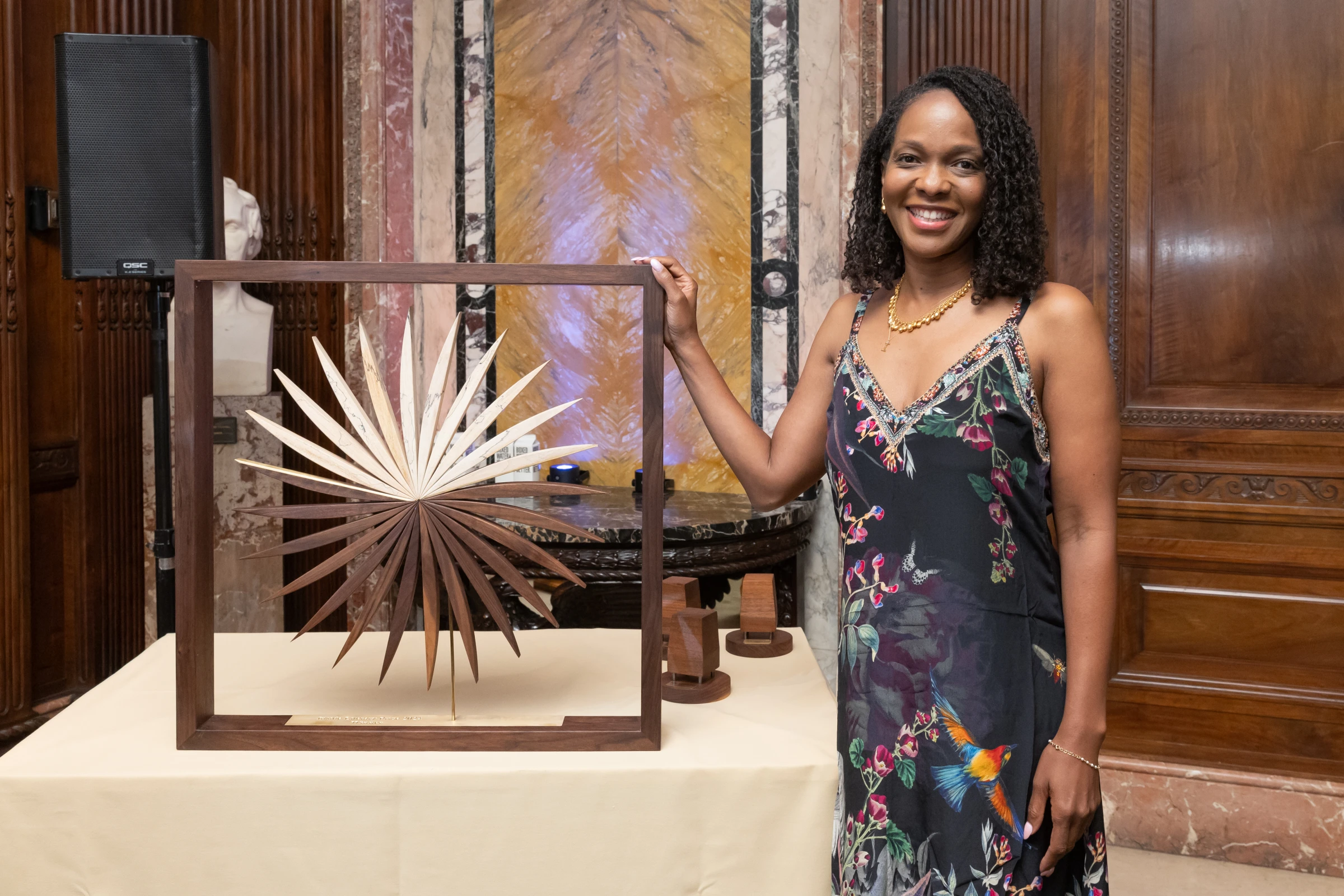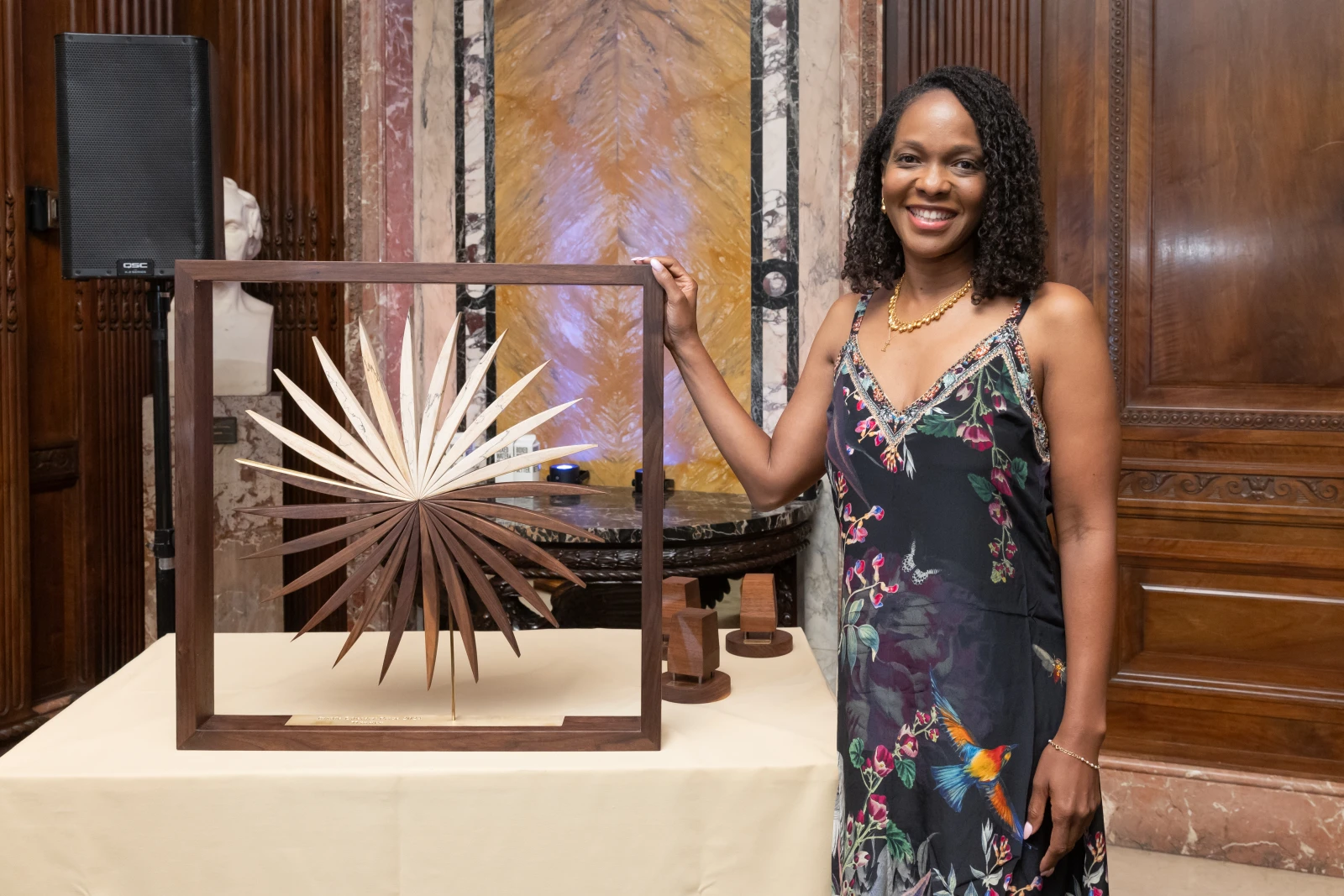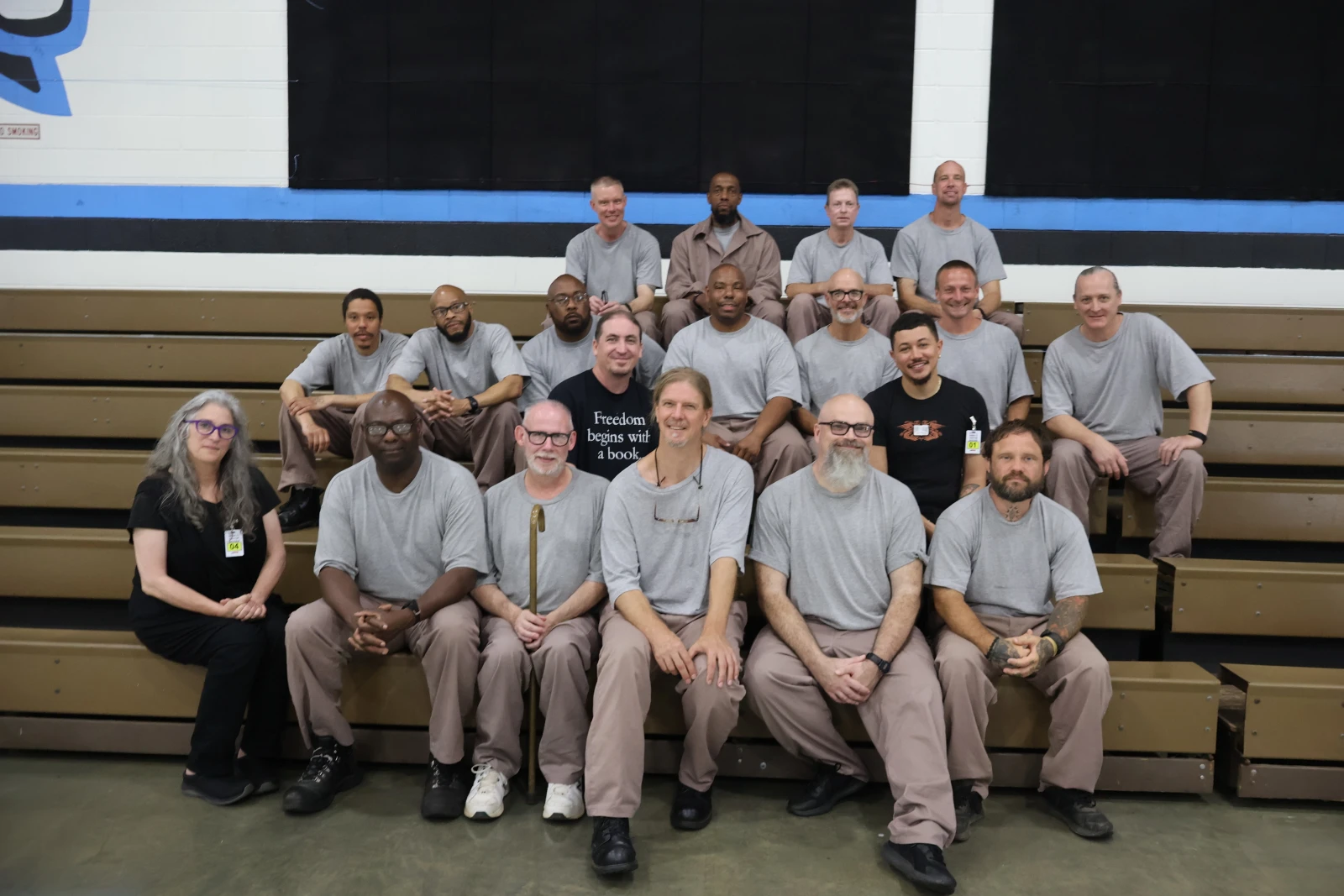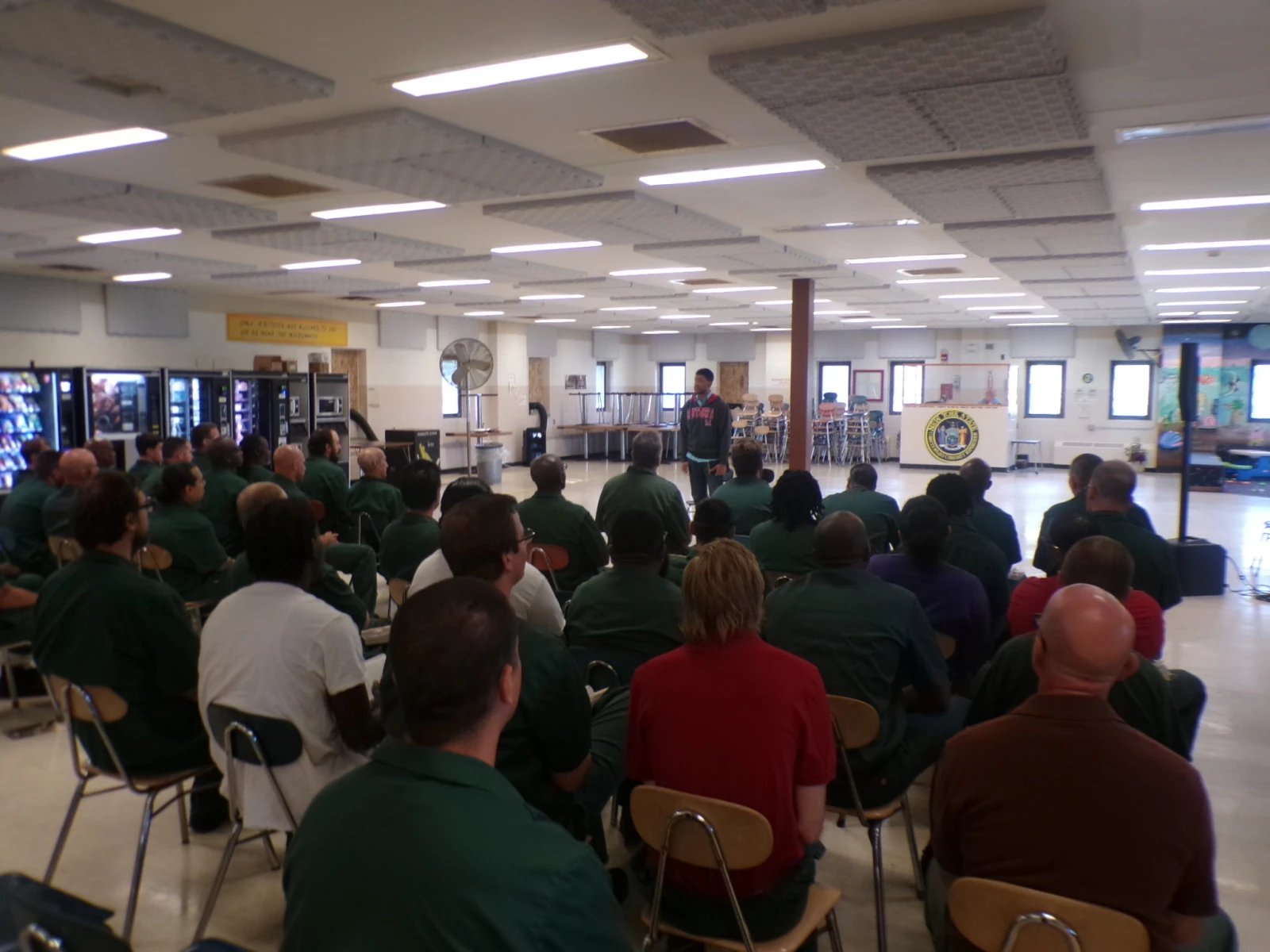August 2024 Newsletter
Staking My Life on Books

For years I’ve had a gripe with the ACLU. During the winter of 1998, the same winter that I became a poet, my friend Markeese Turnage and I wrote a letter to the ACLU asking for legal help. Keese had been sentenced to more than sixty years in prison. He didn’t have a rape, murder, or robbery conviction. Instead, he’d wrangled an officer’s gun from him and attempted to turn it on himself. The gun never went off. No one was hurt. He was 17 years old. For Christmas that year, the ACLU sent us a form letter back. And today, Keese is still incarcerated. I’d used his story to get myself admitted to Yale Law School; I’d used his story to get him a lawyer once I was a graduate of the same. And still, years later, he is inside, as loss after loss accumulates.
A few days ago, someone wrote a letter and let me know that they were disappointed in Freedom Reads. We showed up at his prison and our very presence came with expectations. And later, he’d not heard from us. He felt abandoned. And it’s true, every complaint that the gentleman made. We’d entered the prison that confines him and made promises that we expected to keep. We failed on those promises. His letter sits beside me now and has been beside me for days. We’ve already responded and my responses have turned from anger to regret. I want this guy to know that I, some days, as irrational as it seems, feel like I am still doing time. That every day I work with a collection of people with ties to prison that make us rejoice and weep. Our failures have always been manifold. Or manifest. Or quadrupled. A kind of exponential burden that feels nothing like doing time but sometimes just might. And if the burden of failure was simply the disappointment of those we serve – these days would not come with the stress that they do.
But the thing is, we’ve all been on the wrong side of being let down. We’ve all been on the wrong side of letting someone down. The most irrational thing I’ve ever done in this world is stake my life on books. And now, I’ve done it twice. The first time was right around the time me and Keese wrote the ACLU that letter. It’s when I became a poet. And while poetry has yet to make me a rich man, it made me wealthy beyond my wildest dreams.
The second time has been Freedom Reads, an organization that has helped me go from unemployable to a Founder & CEO of an organization with nearly two dozen employees and a wildly joyful mission. There has never been a time that I, that we, have not felt that heaviness that comes from not showing up.
I never wanted to be someone who carried grudges, but I do, sometimes. I mean every once and awhile. I remember when a childhood friend told me I cursed too much to be admitted into heaven. I might not have believed in heaven but still couldn’t help but be offended by the notion that my tongue would deny me entry. I’ve not stopped cursing since. As I said, grudges.
My biggest grudge has always been with the American Civil Liberties Union. I carry around the letter that we wrote, have carried around that letter, for over twenty years, as a testament of what somebody didn’t do for me, for Keese. How profoundly fragile an existence that was. We were children and had no idea what the ACLU was. And in the face of that, before Roper v. Simmons or Graham v. Florida or a single piece of legal scholarship had been written, we said that we were young and that should matter. And instead of celebrating that insight, I have been lamenting what the ACLU has not done.
So I let it go. We all want to show up for folks, at least the best of us do. And when we don’t, I hope we will be given a bit of grace, even when we may not deserve it.
Though, as it were, you gotta know this: When we don’t show up, it just means we’re on the way. And brother, we’re on the way.
Reginald Dwayne Betts
Freedom Reads Founder & CEO

On August 1, South to America: A Journey Below the Mason-Dixon to Understand the Soul of a Nation by Imani Perry was awarded the inaugural Inside Literary Prize, the first US-based literary prize judged exclusively by incarcerated people. More than 200 people incarcerated in prisons across the country voted on the literary prize, a collaborative project of Freedom Reads, the National Book Foundation, Center for Justice Innovation, and Dallas bookstore owner Lori Feathers.
In this honor, I renew my sense of responsibility to the millions of people incarcerated and under state supervision," said Imani Perry. "Not as a matter of charity, but rather out of the deepest respect for the insight that comes from seeing society from the corners that it keeps hidden. And for the wisdom of those whom it keeps out of view. But most of all out of care for those in the grasp of confinement.

Inside Literary Prize judge Timothy Johnson, incarcerated at Nash Correctional Institution in North Carolina, reflected on the Prize in a piece published in partnership with Prison Journalism Project.
Even after two decades in the darkness of prison, my eyes and soul are brighter than ever. Books have provided a kaleidoscope of brilliant, colorful light.

This month, Freedom Reads partner Literature to Life performed an adaptation of Junot Díaz's The Brief Wondrous Life of Oscar Wao to an audience inside Groveland Correctional Facility in New York. Earlier this summer, Freedom Reads opened five Freedom Libraries at Groveland Correctional Facility.
The Inside Literary Prize took center stage in Freedom Reads’ media coverage this month. The Inside Literary Prize award ceremony was covered by Publishers Weekly, Spectrum News NY1, GBH, Literary Hub, Kirkus Reviews, The Brooklyn Daily Eagle, Black Enterprise, The New York Carib News, The Dallas Morning News, Service95, and French publication Livres Hebdo. You can hear more from Inside Literary Prize judges at Minnesota Correctional Facility - Shakopee in the Center for Justice Innovation’s New Thinking podcast about the Prize. Plus, in part 2 of the New Thinking podcast about the Prize, hear from Freedom Reads Founder & CEO Reginald Dwayne Betts and inaugural Inside Literary Prize winner Imani Perry.
Freedom Reads closed out the month with a feature by Princeton University about the first Freedom Libraries opened in New Jersey prisons earlier this year.
Each newsletter we aim to share at least one letter (or excerpt) from one of Freedom Reads now 34,000-plus Freedom Library patrons. Freedom Reads receives many letters from the inside. They mean so much to us. And we respond to each and every one of them.
It was so beautiful to see that our opinions matter and they really see us. We work hard a lot and don’t often get seen for it. It’s made well known what our mistakes have been, but to be seen for the good is profound. It sends a message that says, If I am seen and heard, then my actions and words have value. If I am valuable, then I want to take responsibility to be the best me I can be. This feels honoring and should be the point of incarceration. Somehow it’s been the opposite for many years and the only thing that matters is our worst day. …I have used books my whole life to cope with trauma, that others refused to admit existed. I would read stories of horses or knights in shining armor to escape my reality and dream of a safety I didn’t believe I’d ever have or deserve. As I grew older I started to read about others who had it worse than me, just so I could relate and figure out their strategy for coping. My books became my shield. When I came to prison I used books the same way because they seemed to be the only thing that admitted my pain was real and inspired me to do better.
Our work isn’t possible without your support. Thank you for supporting our vision to open a Freedom Library in every cellblock in every prison in America.